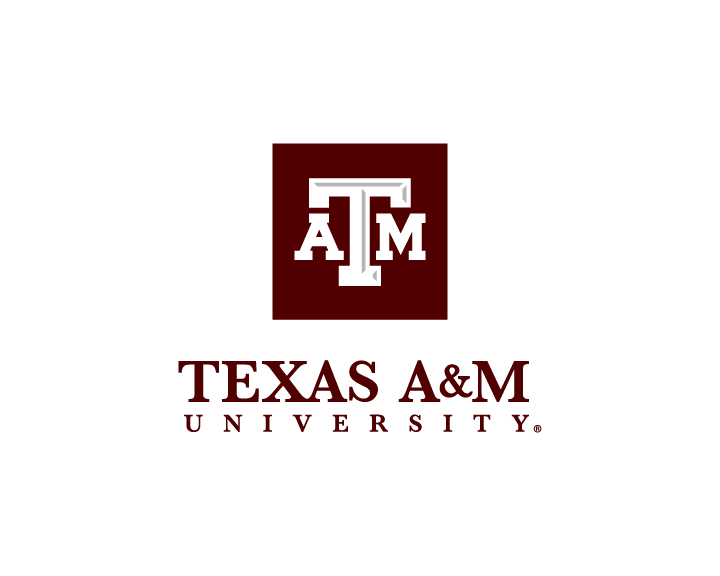Texas A&M Assistant Professor Named Kavli Fellow for Public Health Research on Vulnerable Populations
Benika Dixon, an assistant professor at Texas A&M University School of Public Health, has been named a Kavli Fellow. This prestigious fellowship, awarded annually by the National Academy of Sciences (NAS), recognizes the brightest young scientists who are 45 years old or younger.
More than 6,200 young scientists — including social scientists — have participated since the program’s founding in 1989. Of these Kavli Fellows, 323 have been elected to the NAS and 18 have been awarded the Nobel Prize.
The Fellows, who work in industry, academia and government from a variety of disciplines, have the opportunity to participate in the U.S. and International Kavli Frontiers of Science symposia organized by NAS. Dixon participated recently in the U.S. Kavli Frontiers of Science symposium in California, where she made a presentation titled, “Climate, Disasters and Incarceration: Voices of the Unheard.” She also learned about other fellows’ research and sought out collaborative possibilities.
Giving everyone a voice
Dixon, who grew up in Hartford, Connecticut, began working in health care and nonprofit organizations after earning a bachelor’s degree in chemistry from Spelman College and a master’s degree in public health from Southern Connecticut State University.
She discovered her passion for public health emergency preparedness after moving to the Washington, D.C./Maryland/Virginia area where she assisted elected officials with emergency planning and response.
“I felt oftentimes that the people and the voices at the table weren’t reflective of the communities we served,” Dixon said. “I really wanted to find a way to impact communities that looked like communities I grew up in. I wanted to be a part of helping communities determine what they deemed best for themselves and not have others speaking for them.”
After working for both Baltimore City Health and Austin Public Health as a disaster epidemiologist, Dixon decided to pursue her doctorate, which led her to enroll at the Texas A&M School of Public Health. After graduating, she joined the school’s faculty and focused her research on the mental and physical health implications of environmental exposures, hazards and disasters on vulnerable populations.
“When I say ‘vulnerable populations,’ a lot of my work has been done in environmental justice communities such as the those in the Houston Ship Channel and Houston’s Fifth Ward,” she said.
This focus on vulnerable populations also led Dixon to collaborate with Carlee Purdum from the Texas A&M School of Architecture to start the Prisons, Disasters and Public Health research initiative. Dixon noted that her current work focuses specifically on State of Texas prisons because — unlike federal and county facilities — many of these prisons do not have air conditioning.
“When we’re experiencing 100-plus-degree temperatures, oftentimes we have access to resources such as air conditioning or clean drinking water,” Dixon said. “In comparison, incarcerated individuals may not have access to air conditioning, and they may not have access to resources such as clean water or a place for respite to cool off.”
The researchers’ focus on the effects of extreme temperatures on the mental and physical health of incarcerated individuals led them to develop a partnership with Lioness Justice Impacted Women’s Alliance, an organization led by currently and formerly incarcerated girls and women in Texas with the purpose of ending the incarceration and systematic devaluing experienced within the Texas criminal legal system.
Dixon and Purdum have expanded their work with Lioness to look at the mental health impact of disaster evacuation processes.
“Typically, we think of disasters as hurricanes, wildfires and tornadoes,” Dixon said. “But we’re learning that we have different daily disasters and crises that are happening, so we have to expand the definition of what a disaster looks like.”
These evacuation situations often cause mental stress. “Incarcerated individuals are often silenced or recriminalized in the process of being incarcerated and do not have a voice or any say about what happens to them in the midst of disasters,” Dixon said. “They may not know why or when they are being evacuated or where they are going, so there is an added level of fear and frustration of not knowing in those moments of disaster.”
Expanding her reach
The Kavli fellowship, which honors academics as well as practitioners, already is giving Dixon a wider network and new ideas on how she can extend her research.
“It’s a great opportunity to connect with academics who may look at my work with a different lens,” she said, noting that she met other fellows who were social epidemiologists, virologists and researchers working with climate modeling.
The fellowship also has extended Dixon’s understanding about the potential for her career.
“Being there that week just showed the opportunities that exist to collaborate and grow my work,” Dixon said. “It helped to really validate the work that I’m doing and the science that I’m doing. It really shows that there’s this great trajectory for my career — and there are others out there who are trying to be innovative and create cutting-edge science.”

